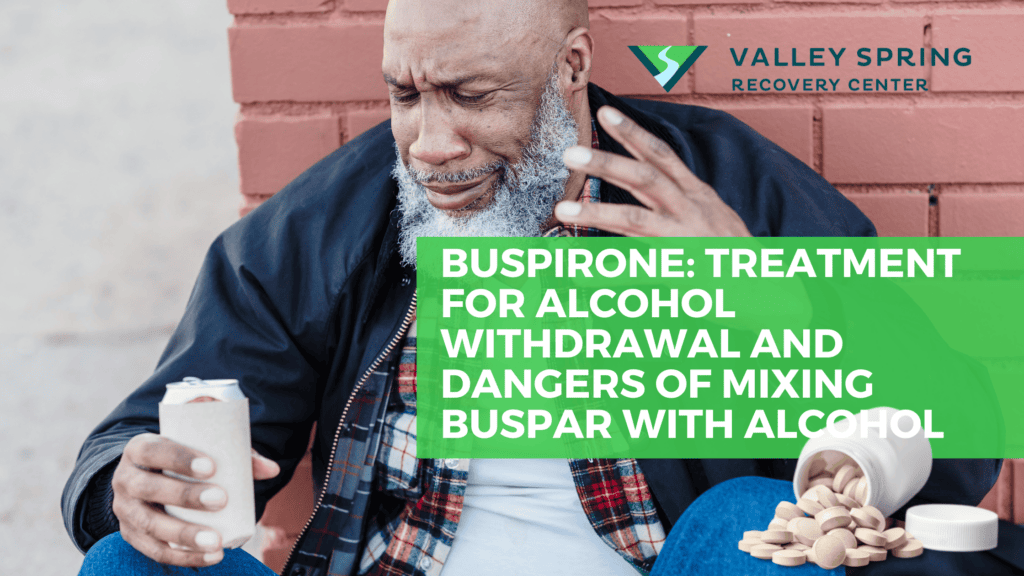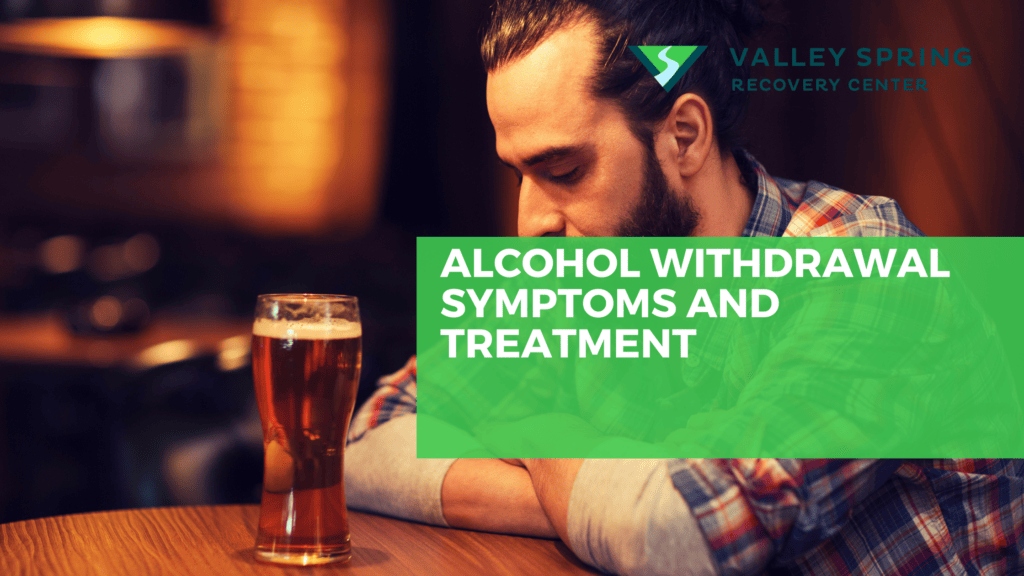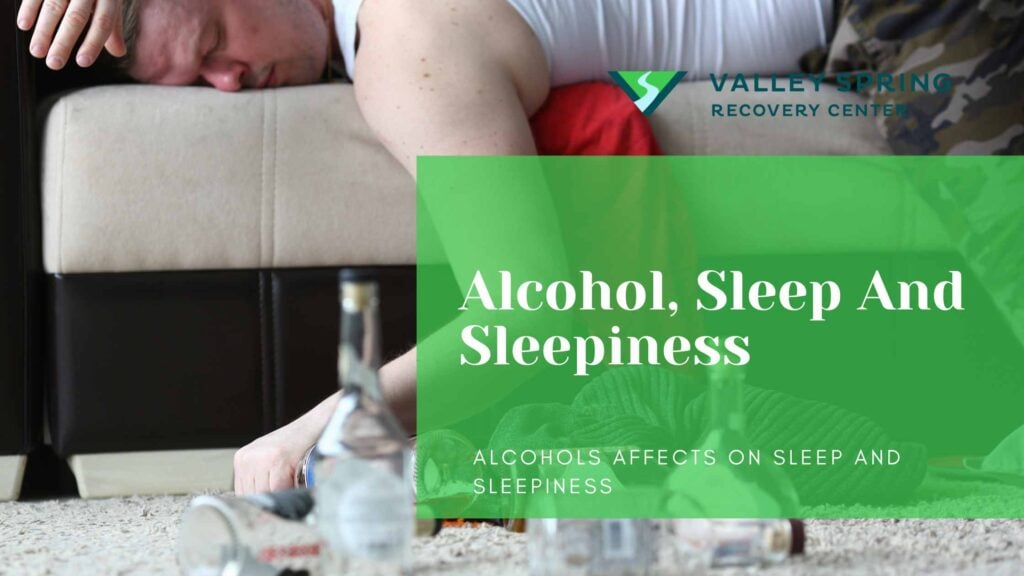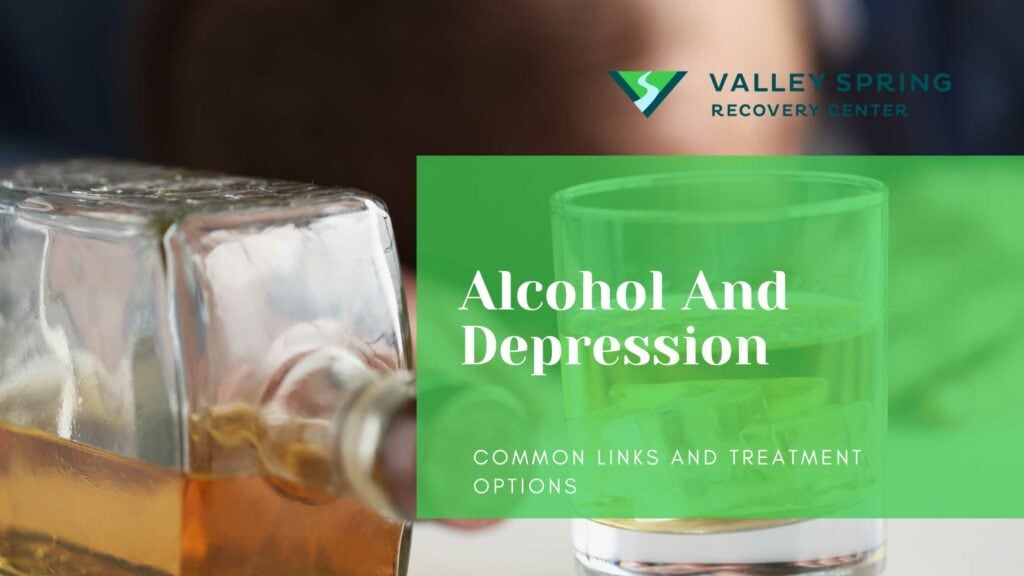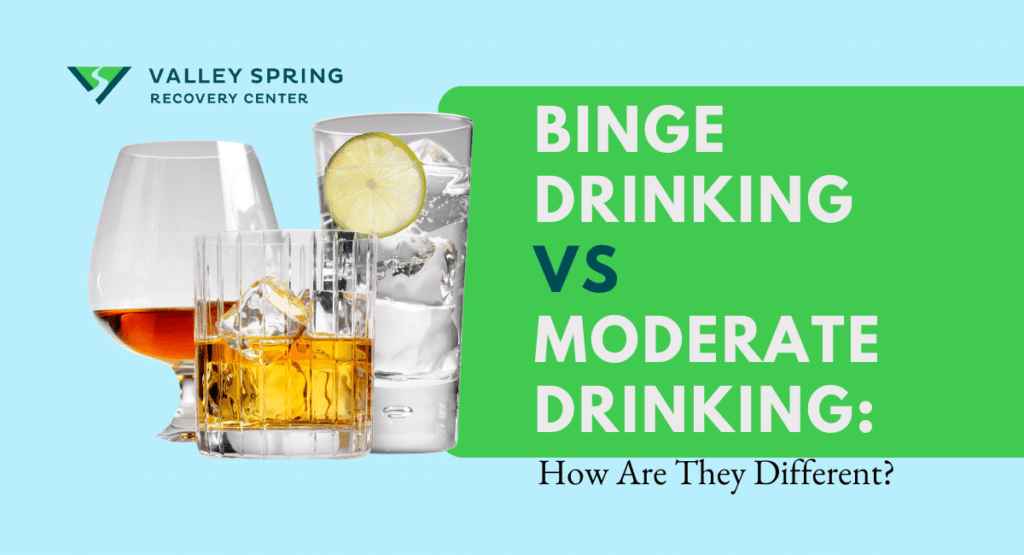Buspar, generic name buspirone, is a medication primarily used for treating anxiety disorders.
Buspar (Buspirone) is utilized for treating anxiety disorders and can be prescribed off-label to assist with alcohol withdrawal, but alcohol can render Buspar less effective and should not be taken together.
Mixing Buspar with alcohol can increase side effects, impair medication efficacy, and create risks of addiction and overdose, including potentially fatal respiratory depression.
Safety precautions when using Buspar include avoiding alcohol, adhering to prescribed dosages, considering potential medication interactions, and seeking immediate medical help in case of severe side effects or overdose.
What Is Buspar?

Buspar, also known as Buspirone, is a well-known anti-anxiety medication, widely used in treating certain anxiety disorders. Unlike other anxiety medications, Buspar has a unique way of working. It mainly targets serotonin and dopamine receptors, which are key players in our nervous system that help regulate our mood and behavior.
Approved by the FDA for generalized anxiety disorder, Buspar is also considered a second-line treatment for depression. What sets Buspar apart from other anxiety medications is its ‘anxioselective’ properties. It lacks the anticonvulsant, sedative, hypnotic, or muscle-relaxant effects commonly associated with other anti-anxiety medications.
In the context of alcohol, Buspar (generic name: buspirone) is a medication that is sometimes considered for individuals dealing with alcohol dependency, particularly for those who experience anxiety and stress as triggers for their alcohol use. Buspar is an anxiolytic medication, meaning it helps to reduce anxiety.
What happens when this unique medication is mixed with alcohol, especially when people drink alcohol?
What Are The Risks of Combining Buspar and Alcohol?
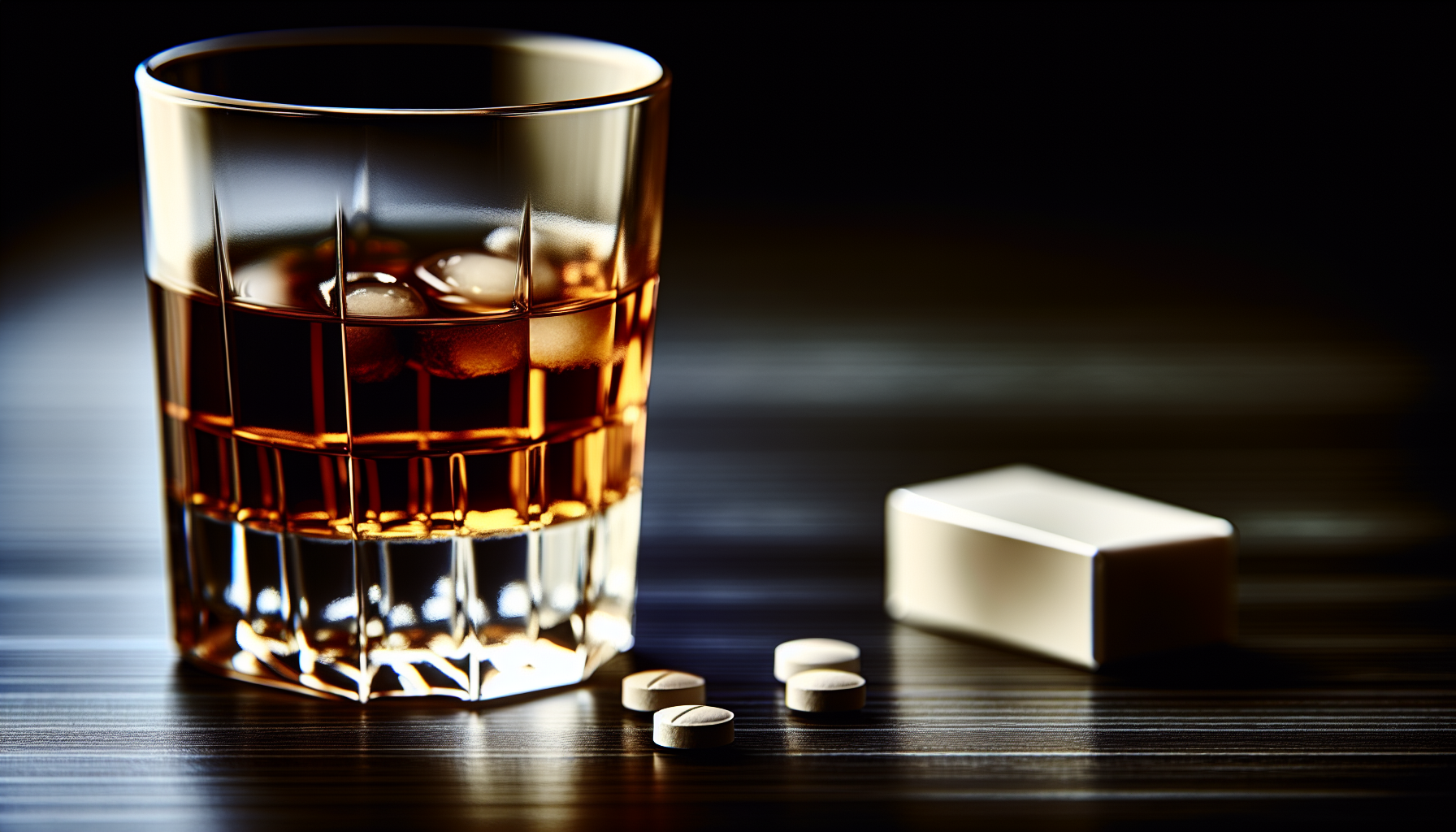
Mixing Buspar with alcohol can lead to a cocktail of increased side effects and impaired medication efficacy, not to mention a potential addiction or overdose. Both substances have similar effects on our central nervous system, which can lead to heightened nervous system side effects, such as dizziness, drowsiness, and difficulty concentrating. This dangerous mix can increase the risk of accidents and further health issues.
Let’s explore these risks in more detail.
1. Increased Side Effects
Combining Buspar and alcohol can amplify the side effects of both substances, leading to enhanced sedative effects that can impair motor skills and increase the risk of falls and accidents. Severity can range from mild symptoms like dizziness, drowsiness, and difficulty concentrating, to more severe effects such as impaired thinking and judgement.
However, these are not the only risks. The amplified effects of Buspar and alcohol can potentially lead to dangerous levels of respiratory depression, which can be fatal if left untreated. It’s clear that mixing Buspar and alcohol can have serious repercussions on your health.
2. Impaired Medication Efficacy
Notably, alcohol can disrupt the effectiveness of Buspar. Heavy alcohol use may lead to tolerance and a decrease in the effectiveness of Buspar for anxiety relief over time. This means that even though Buspar is designed to help manage anxiety, the presence of alcohol can render it less effective, leaving the individual in a vicious cycle of increased anxiety symptoms and alcohol dependence.
3. Potential for Addiction and Overdose
While Buspar itself is not addictive and does not cause physical or psychological dependence, combining it with alcohol increases the risk of experiencing dangerous and life-threatening side effects, including overdose. This is particularly true if more than the prescribed dose of either substance is consumed.
The reality of these risks underscores the importance of understanding the potential dangers of mixing Buspar and alcohol. Let’s now delve into some safety precautions that can help mitigate these risks.
Safety Precautions When Taking Buspar
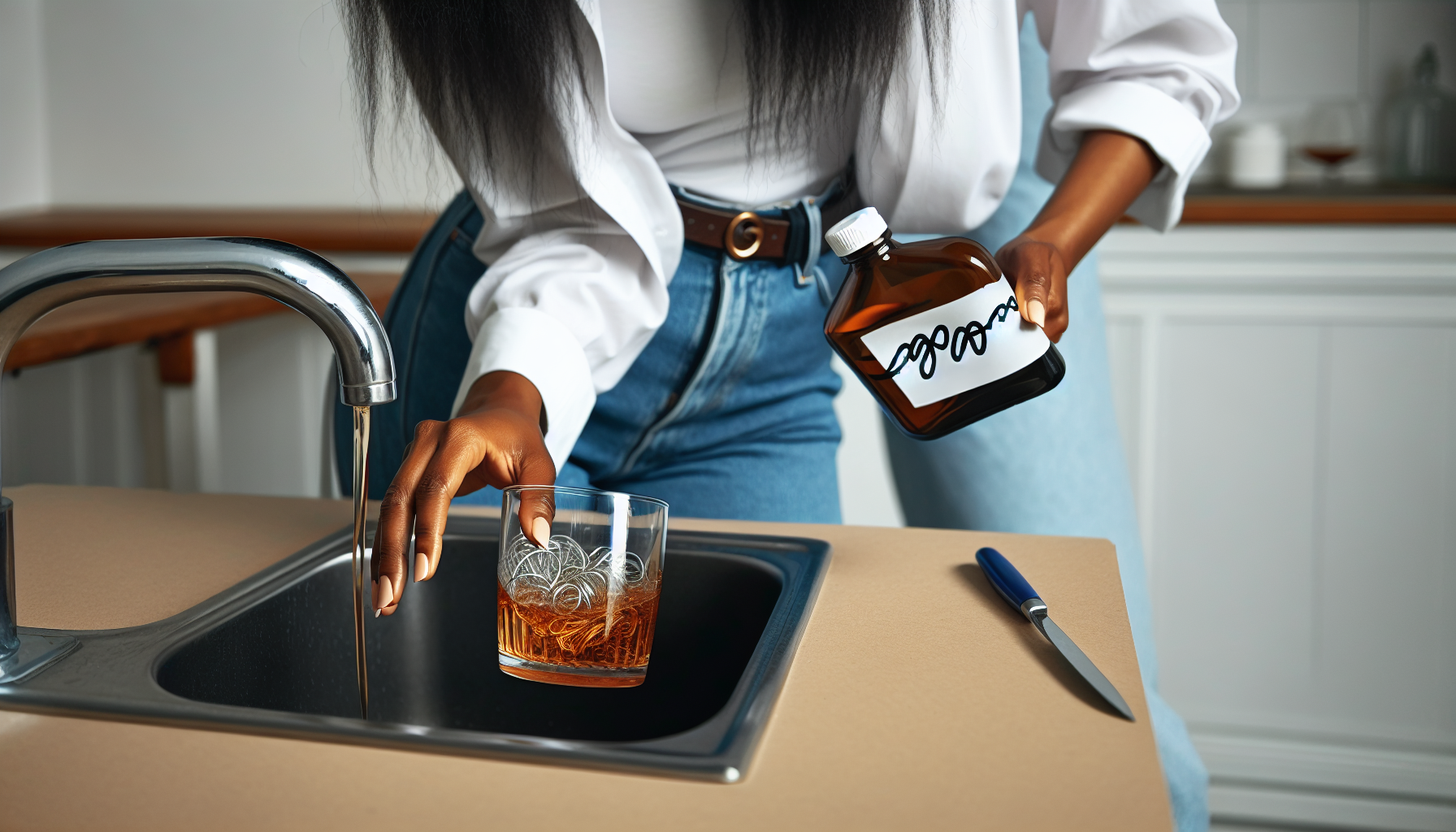
Certain safety precautions are necessary when taking Buspar. Here are some important precautions to keep in mind:
- Avoid alcohol entirely, as it can increase sedative effects, impair judgment, and increase the risk of accidents.
- Follow the prescribed dosage, starting with an initial dosage of 7.5 mg twice a day and not exceeding 60 mg a day.
- If you miss a dose, take it as soon as possible, but skip it if it’s almost time for the next dose.
Along with these precautions, keeping a comprehensive list of all prescription medication and herbal products in use is key to avoid potential drug interactions and adverse effects. Following these guidelines can help ensure your safety while using this medication.
Finally, proper storage of Buspar is fundamental to ensure its effectiveness and safety. It should be stored at room temperature in a closed container, away from heat, light, and moisture, and kept out of reach of children. If you have unused or outdated Buspar, dispose of it properly as instructed by a healthcare professional.
Buspar’s Role in Alcohol Withdrawal

While Buspar is not FDA-approved for alcohol withdrawal, it can be prescribed off-label for that purpose, including addressing alcohol withdrawal symptoms. By reducing alcohol cravings and stabilizing mood, it can support individuals during the challenging process of alcohol withdrawal. Studies suggest that Buspar treatment can reduce alcohol craving by 40% and bring down scores measuring anxiety and depression.
However, keep in mind that most research on Buspar’s efficacy for treating substance use disorders, including alcohol withdrawal, is still in the early stages and primarily based on animal studies. Therefore, while Buspar may play a role in supporting alcohol withdrawal, it should be used under the close supervision of a healthcare professional.
Alternative Treatments for Anxiety and Alcohol Use Disorder
While Buspar can be effective in treating anxiety and supporting alcohol withdrawal, there are other treatments available. Medications such as Naltrexone, Acamprosate, and Disulfiram are approved in the United States to help individuals stop or reduce drinking and prevent relapse in alcohol use disorder.
Aside from pharmaceutical treatments, lifestyle changes can significantly influence the management of anxiety and alcohol use disorder, as well as help in addressing alcohol abuse. This can include:
- Implementing a balanced diet
- Regular exercise
- Adequate sleep
- Relaxation techniques such as meditation and yoga
Additionally, natural remedies such as herbal supplements and essential oils can complement primary treatments to treat anxiety.
Moreover, CBD products are garnering interest for their potential in relieving anxiety. However, research is limited and they are not currently regulated by the FDA. Therefore, it’s important to consider all options and consult with a healthcare provider when deciding on the best course of treatment.
Interactions with Other Medications and Substances
You should be aware that Buspar can interact with other medications and substances. For instance, consuming grapefruit juice alongside Buspar can lead to increased levels of the medication in the body, intensifying side effects such as drowsiness.
Buspar can also interact with other medications such as MAOIs, certain antidepressants, heart medications, and antibiotics, potentially intensifying side effects and requiring medical attention to adjust the dosage appropriately. Other medications like rifampin, certain seizure medications, and ritonavir can diminish the effectiveness of Buspar, suggesting the need for possible dose modifications.
These possible interactions highlight the necessity of keeping your healthcare provider informed about all the medications and substances you are currently using. It also highlights that it’s essential to use Buspar under the supervision of a healthcare professional.
When to Seek Medical Help

Knowing when to seek immediate medical help is vital when using Buspar, particularly if it’s mixed with alcohol. If you are experiencing any of the following symptoms, seek immediate medical help:
- Shallow or slowed breathing
- Seizures
- Loss of consciousness
- Extreme drowsiness
- Confusion
In case of a suspected interaction or overdose of Buspar and alcohol, providing emergency responders with thorough information about the substances taken, including timing and quantities, is essential for appropriate treatment.
For non-emergency situations where there is concern about Buspar and alcohol interactions, contact your healthcare provider for guidance on managing your medication and alcohol use. If Buspar has been discontinued, avoid drinking alcohol for a period after the last dose and consult a healthcare provider for guidance on when it may be safe to consume alcohol again.
Can I drink alcohol while taking Buspar?
No, it is not recommended to drink alcohol while taking Buspar. Combining the two can increase the risk of harmful side effects, and alcohol should not be used as a treatment for anxiety.
What to avoid while on Buspar?
Avoid drinking large amounts of grapefruit juice and alcohol while taking Buspar, as they can increase the risk of side effects and decrease the benefits of the medication. Also, avoid using illegal drugs and abrupt discontinuation of other anxiety medications unless directed by a doctor.
What is Buspar and how does it work?
Buspar, also known as Buspirone, is an anti-anxiety medication that mainly acts on serotonin and dopamine receptors in the nervous system. It is FDA-approved for treating generalized anxiety disorder and can also be used as a second-line treatment for depression.
Can Buspar be used to support alcohol withdrawal?
Buspar can be used off-label to support alcohol withdrawal by reducing cravings and stabilizing mood, but its use should be supervised by a healthcare professional.
When should I seek medical help when using Buspar?
You should seek immediate medical help if you experience symptoms such as shallow or slowed breathing, seizures, loss of consciousness, extreme drowsiness, or confusion after mixing Buspar and alcohol. In non-emergency situations, contact your healthcare provider with any concerns about Buspar and alcohol interactions.
Dr. Michael Olla
All author postsShare This Post

